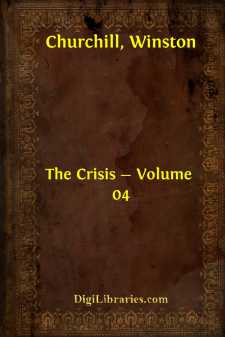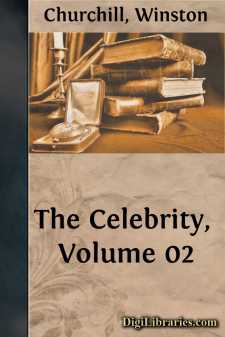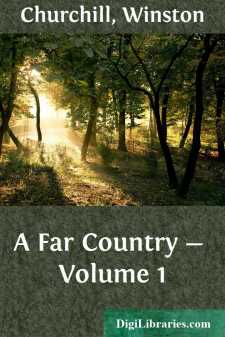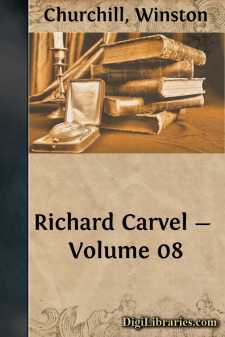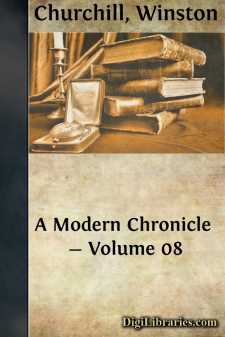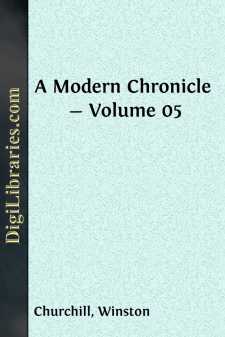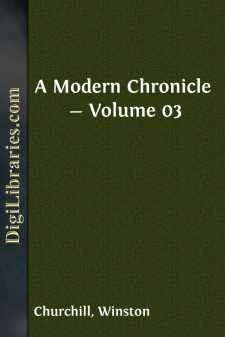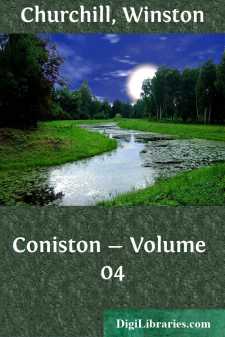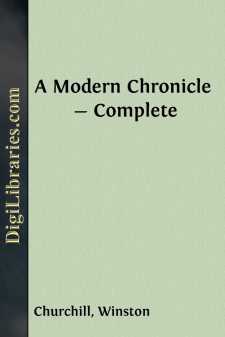Categories
- Antiques & Collectibles 13
- Architecture 36
- Art 48
- Bibles 22
- Biography & Autobiography 813
- Body, Mind & Spirit 142
- Business & Economics 28
- Children's Books 15
- Children's Fiction 12
- Computers 4
- Cooking 94
- Crafts & Hobbies 4
- Drama 346
- Education 46
- Family & Relationships 57
- Fiction 11829
- Games 19
- Gardening 17
- Health & Fitness 34
- History 1377
- House & Home 1
- Humor 147
- Juvenile Fiction 1873
- Juvenile Nonfiction 202
- Language Arts & Disciplines 88
- Law 16
- Literary Collections 686
- Literary Criticism 179
- Mathematics 13
- Medical 41
- Music 40
- Nature 179
- Non-Classifiable 1768
- Performing Arts 7
- Periodicals 1453
- Philosophy 64
- Photography 2
- Poetry 896
- Political Science 203
- Psychology 42
- Reference 154
- Religion 513
- Science 126
- Self-Help 84
- Social Science 81
- Sports & Recreation 34
- Study Aids 3
- Technology & Engineering 59
- Transportation 23
- Travel 463
- True Crime 29
The Crisis - Volume 04
Categories:
Description:
Excerpt
AN EXCURSION
I am going ahead two years. Two years during which a nation struggled in agony with sickness, and even the great strength with which she was endowed at birth was not equal to the task of throwing it off. In 1620 a Dutch ship had brought from Guinea to his Majesty's Colony of Virginia the germs of that disease for which the Nation's blood was to be let so freely. During these years signs of dissolution, of death, were not wanting.
In the city by the Father of Waters where the races met, men and women were born into the world, who were to die in ancient Cuba, who were to be left fatherless in the struggle soon to come, who were to live to see new monsters rise to gnaw at the vitals of the Republic, and to hear again the cynical laugh of Europe. But they were also to see their country a power in the world, perchance the greatest power. While Europe had wrangled, the child of the West had grown into manhood and taken a seat among the highest, to share with them the responsibilities of manhood.
Meanwhile, Stephen Brice had been given permission to practise law in the sovereign state of Missouri. Stephen understood Judge Whipple better. It cannot be said that he was intimate with that rather formidable personage, although the Judge, being a man of habits, had formed that of taking tea at least once a week with Mrs. Brice. Stephen had learned to love the Judge, and he had never ceased to be grateful to him for a knowledge of that man who had had the most influence upon his life, —Abraham Lincoln.
For the seed, sowed in wisdom and self-denial, was bearing fruit. The sound of gathering conventions was in the land, and the Freeport Heresy was not for gotten.
We shall not mention the number of clients thronging to Mr. Whipple's office to consult Mr. Brice. These things are humiliating. Some of Stephen's income came from articles in the newspapers of that day. What funny newspapers they were, the size of a blanket! No startling headlines such as we see now, but a continued novel among the advertisements on the front page and verses from some gifted lady of the town, signed Electra. And often a story of pure love, but more frequently of ghosts or other eerie phenomena taken from a magazine, or an anecdote of a cat or a chicken. There were letters from citizens who had the mania of print, bulletins of different ages from all parts of the Union, clippings out of day-before-yesterday's newspaper of Chicago or Cincinnati to three-weeks letters from San Francisco, come by the pony post to Lexington and then down the swift Missouri. Of course, there was news by telegraph, but that was precious as fine gold,—not to be lightly read and cast aside.
In the autumn of '59, through the kindness of Mr. Brinsmade, Stephen had gone on a steamboat up the river to a great convention in Iowa. On this excursion was much of St. Louis's bluest blood. He widened his circle of acquaintances, and spent much of his time walking the guards between Miss Anne Brinsmade and Miss Puss Russell....


